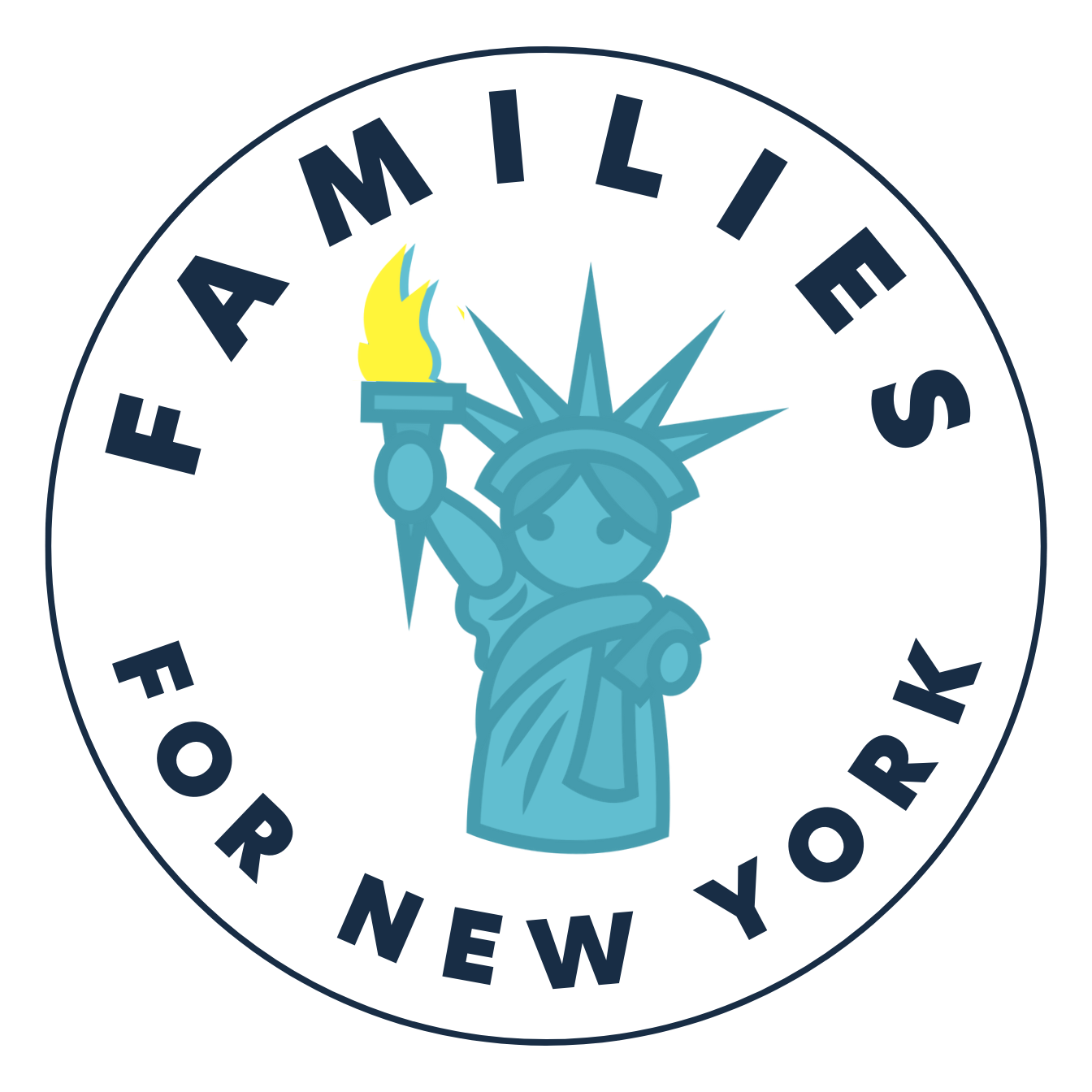Why I have served on a CEC for 10 years
By Deborah Alexander, CEC 30
It is unfathomable to write that I have been a NYC Community Education Council member for ten years, but it’s true. I didn’t know what a CEC was when my eldest child entered Kindergarten, but I found out a few weeks later when we received a flyer for a meeting where the DOE would be discussing the cessation of a G&T program which was the basis of our school selection.
I knew none of the acronyms that become second-nature to a seasoned public school parent, but listened, rapt, to the parents on stage defend our right to preserve the program we were promised. They did not attend our school. They didn’t even have children in the G&T program. They just yelled (yes, yelled) at the DOE on our behalf because it was the right thing to do. I vowed then and there to someday pay it forward and a few months later I heard there was a vacancy on the Council, applied, and was appointed.
The real head-scratcher for many is why I’ve stayed. Perhaps it’s because the fight never ends. Not just for my kids, but for all kids. I chose public school for my children intentionally, because I believe in its unique ability to not only educate children, but help raise them to be good people. The sense of community, of fellowship, of struggle, and of possibility is palpable the moment you walk into the buiding. Public schools are Rocky Balboa, the scrappy underdog always getting back up, and they’re doing it collectively.
CECs don’t have the powers of traditional school boards, but in many ways that frees them up to be unfettered advocates for families without worrying about taxes or employment decisions or politics. Well, some politics are involved. CECs are prescribed by state law and, as such, its members are technically elected officials, voted in (and out) by parents every two years. And then there are the politics inherent to any public body or board, which can be downright ugly.
But it must be worth it, because here I am, ten years later. And, despite the exasperation and feelings of futility, the heartfelt thank-you from the parent you connected with the right DOE staffer or the resolution you wrote that influenced DOE policy or the discussion you had with a Superintendent that ensured kids were getting appropriate outdoor time make it worth it. Because they are primary stakeholders, CECs amplify the concerns of all parents, who should never feel powerless over their children’s education.
